Back in 2021, Hazelight Studios’ It Takes Two took many by surprise when it won Game of the Year over Arkane Studios’ Deathloop, Nintendo’s Metroid Dread, DoubleFine’s Psychonauts 2, Insomniac’s Ratchet & Clank: Rift Apart, and Capcom’s Resident Evil Village at The Game Awards.
Against a list of heavy-hitters more in line with the type of game that typically wins such a huge accolade, a co-op only narrative game about divorce and reconciliation might not have been the expected frontrunner, but love came out on top in the end.
It Takes Two’s Story Was Key To Making It Work
I liked It Takes Two. I played it with my partner, as many people did, though unlike many other couples, this game mercifully did not highlight any huge, world-shaking flaws in our relationship and instigate a break-up. We’re just better than those other couples, I guess. It was a fun game – there was enough puzzling to satisfy me, and enough platforming to satisfy my partner. We both walked away from the game happy.
But what I liked most about it was that its co-op gameplay tied in perfectly with the themes of the game. It Takes Two is about a couple who’s planning to get divorced. When they break the news to their daughter, Rose, she’s devastated and takes two hand-made dolls modeled after her parents into the shed and tries to play-act them fixing their relationship.
Through some magic, the parents end up in the bodies of the dolls, and an anthropomorphic relationship self-help book tells the couple that they have to fix their relationship to reach Rose. Hijinks ensue, if you can call the couple being forced to confront their flaws as partners and parents hijinks.
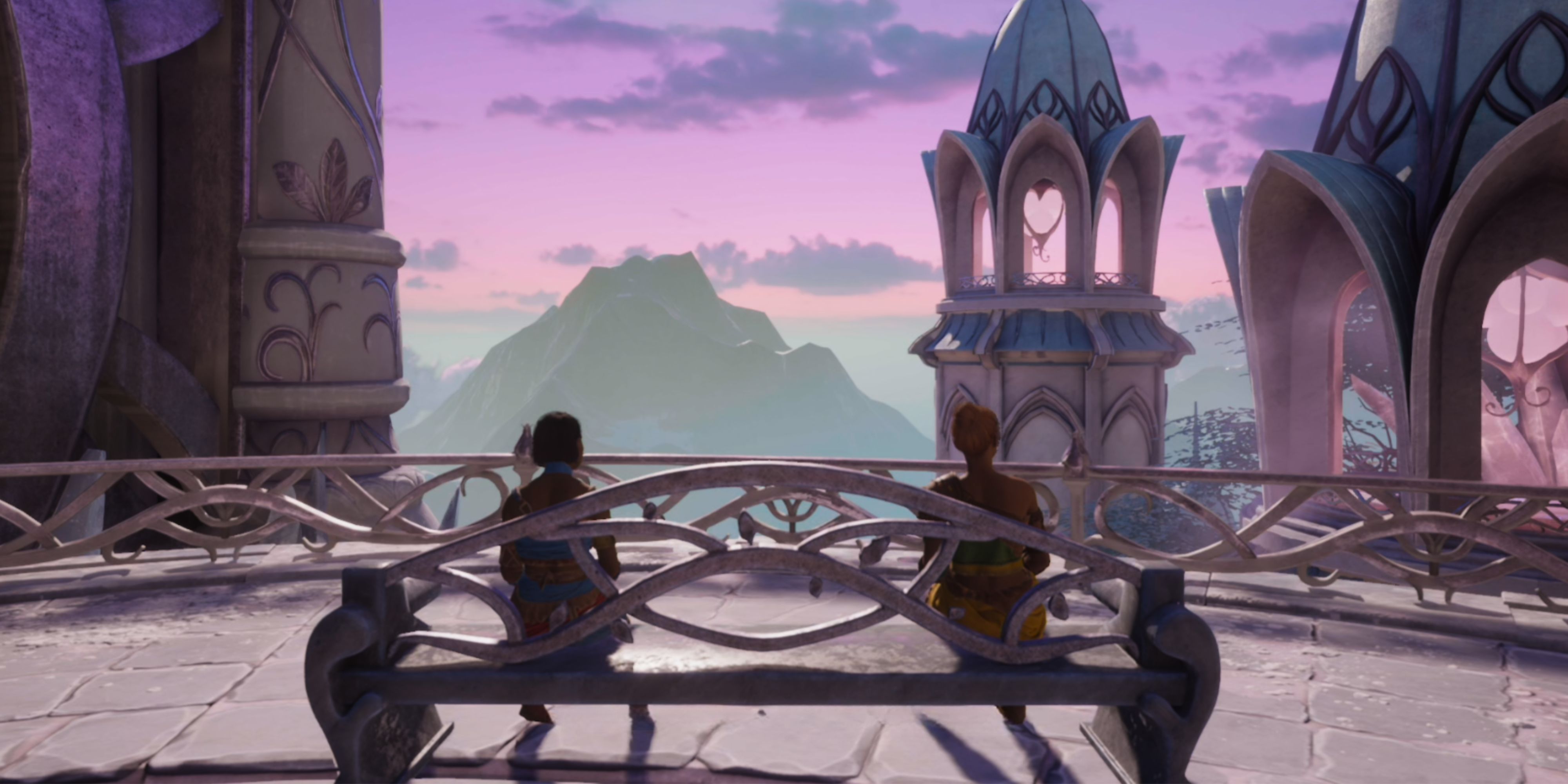
Related
PSA: Split Fiction Is Not As Casual As It Takes Two
Split Fiction is an elevation of It Takes Two, not a continuation, and it will leave some players behind
The entire point of the game is that these characters need to learn to get along for the sake of their family and relationship, and they have to do so by excavating their inner selves. Was it a little trite? Yes. Does it make sense that these two people who obviously don’t really like each other all that much decided to stay together instead of divorce amicably and co-parent? No, but look, it’s the metaphor.
They have to quite literally cooperate in the gameplay to get to their end goal – their daughter’s happiness and safety. And that end goal had real stakes, instigating emotional investment on the player’s part. Nobody wants a little girl to be sad, especially not a little girl that’s so clearly loved by her parents.
Split Fiction Lacks Narrative And Gameplay Congruence
Split Fiction, Hazelight’s newest game, has no such thematic congruence with its gameplay. In fact, its premise is tenuous in a lot of ways, especially in that the game doesn’t seem to understand its themes or characters at all.
Unlike in Hazelight’s other games, Split Fiction’s protagonists, Mio and Zoe, are strangers. Their stakes are far hazier than in It Takes Two, or older games like A Way Out or Brothers – they begrudgingly work together to find glitches in the machine they’re trapped in, getting to know each other along the way. Because the game doesn’t really make you care about their work or its value, the player has no reason to care that it’s being stolen by a corporation.

Related
Split Fiction Is A Game About Writers That Doesn’t Understand Writing
Split Fiction sure has a dim view of writers for a game all about them.
Even on a character level, both heroines are flat and tropey, made largely to be in opposition to each other but deprived of any depth. There’s absolutely no reason to care, and they therefore cooperate only by necessity.
It’s because of this lack of congruence that Split Fiction feels like a regression. In many ways, it’s the most interesting of Hazelight’s games so far – it’s been lauded by many critics (including our own Jade King) for its inventive level design and how its two genres allow it to delve into varying, surprising mechanics. In this way, it iterates on the gameplay that made It Takes Two a hit.
But narratively, it’s Hazelight’s weakest game yet. That doesn’t mean it’s not worth playing. It’s still a good time, and the studio is a driving force in repopularising couch co-op narrative experiences, which in itself is worth praise. Yet I wish that Hazelight recognised that its strength isn’t just in co-op level design, but also in how that gameplay has the potential to tell stories that are about cooperation, about the power of a common goal and strength in numbers. Split Fiction may have Hazelight’s best gameplay yet, but I fear it’s lost the plot.
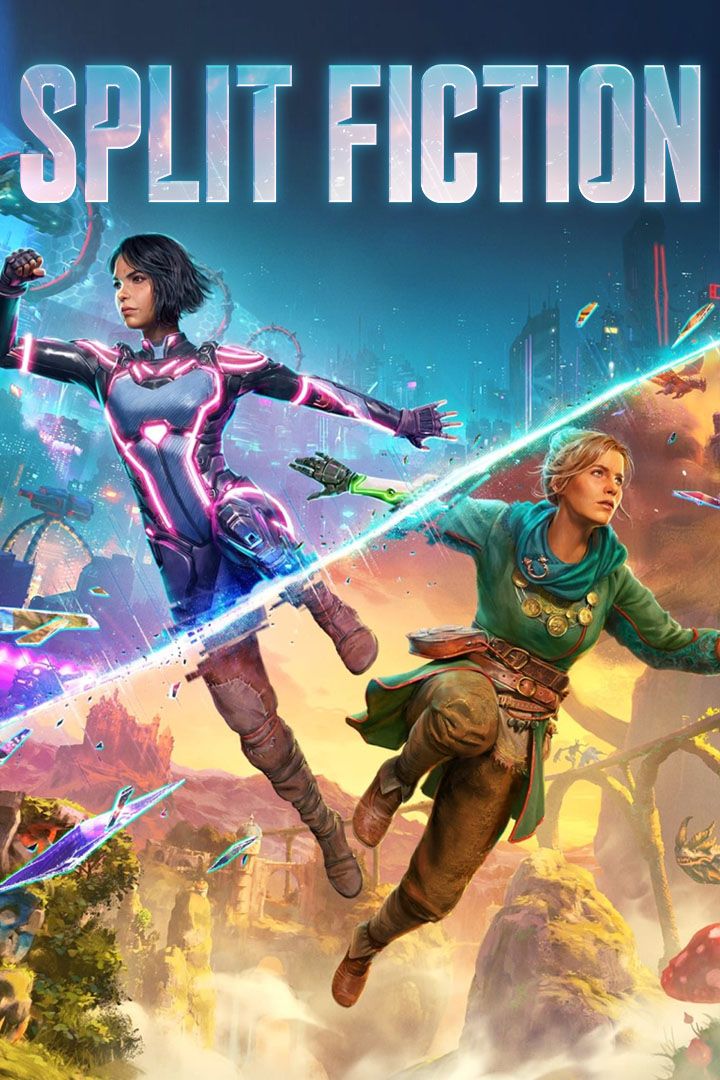
Action
Adventure
Sci-Fi
Fantasy
- Released
-
March 6, 2025
- ESRB
-
T For Teen // Blood and Gore, Crude Humor, Language, Violence
- Developer(s)
-
Hazelight Studios

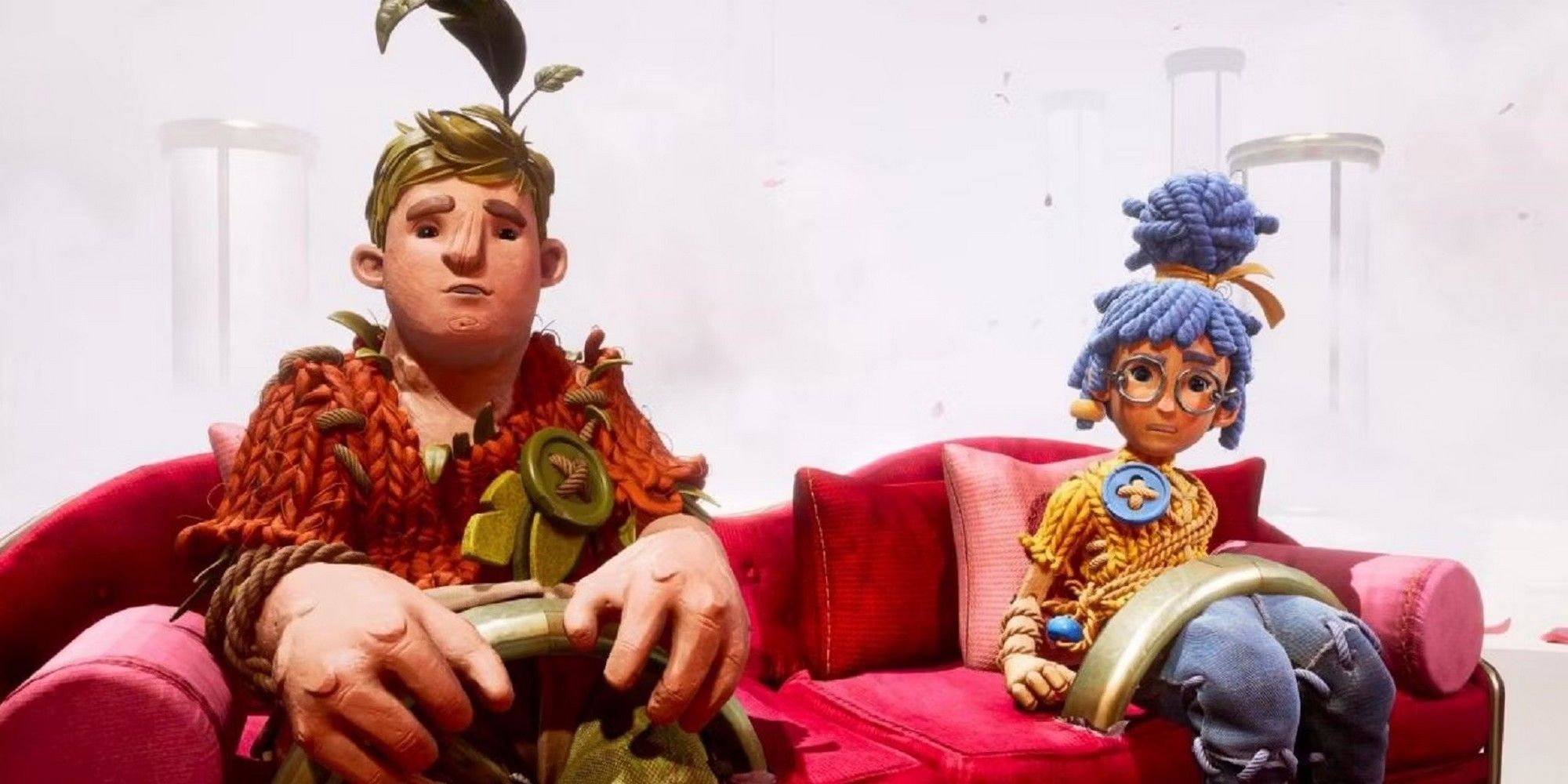




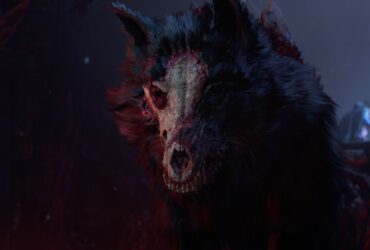

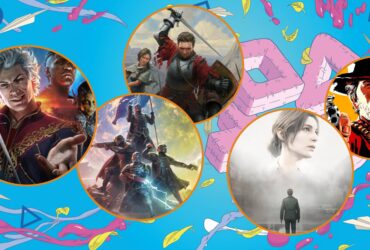
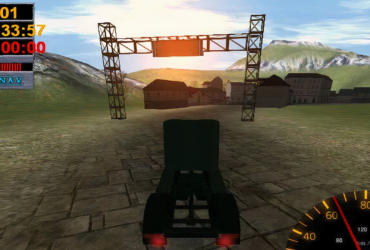
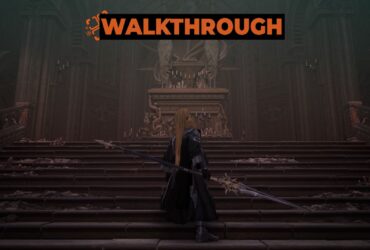

Leave a Reply